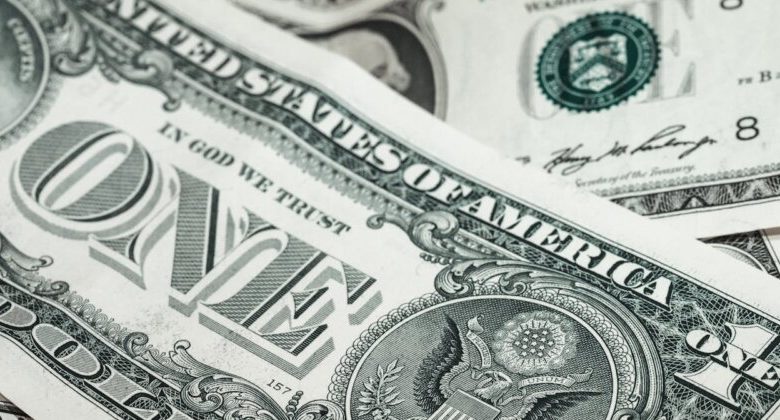3 Factors Why A Trump Presidency Is Good For The U.S. Dollar Strength, Bad For China And Dollar Pegs

With Donald Trump poised to take office, speculation is mounting around potential economic shifts. One major area of concern is the strength of the U.S. dollar and the impact of trade policies, particularly on China. Here are three factors as to why some experts believe a Trump presidency is good for the U.S. Dollar strength, bad for China and dollar pegs.
1. Potential Or Aggressive Tariffs To Boost The Dollar
During his previous tenure, Trump imposed hefty tariffs on Chinese imports, which led to a significant drop in the Chinese renminbi’s value relative to the dollar. Many expect Trump to continue this approach and possibly introduce even steeper tariffs on imports from China, which could again pressure the renminbi (also known as the Chinese yuan) to depreciate to offset higher import costs in the U.S. By contrast, the dollar would likely see a boost from these measures, as capital flight from China could push demand for the U.S. currency, driving its value higher, according to an opinion piece in the Financial Times.
This policy would not only strengthen the dollar but could set off a ripple effect across emerging markets.
2. Global Markets Could Shift
With expectations of more robust U.S. fiscal policies, markets are already seeing hints of a rally. A stronger dollar is often associated with safer assets, and a Trump administration promising “America First” policies could make dollar-denominated assets even more attractive to global investors, Reuters reported. These expectations have already raised U.S. bond yields and prompted interest rate hikes to curb potential inflation.
For countries with dollar-pegged currencies or heavy dollar-denominated debt, this could be a challenging environment. Rising dollar strength can create inflationary pressures as import costs increase, which may lead some countries to abandon their pegs altogether or face severe devaluation risks. Emerging markets could be the most vulnerable to these shifts, especially in economies like Argentina and Turkey, which have faced similar crises before.
3. Economic Instability And Dollar Pegs
Markets tend to respond negatively to trade tensions, which are likely to rise under Trump’s proposed policies. Instability stemming from tariff wars could dampen global growth, impacting commodity prices and weakening emerging market currencies further. Since much of global trade is conducted in dollars, emerging markets dependent on commodities for income could suffer under a strengthened dollar, which erodes their purchasing power and raises borrowing costs.
For countries like China, managing the renminbi’s depreciation may require strict capital controls to prevent outflows—a challenge China has faced before. In 2015, China lost nearly $1 trillion in reserves attempting to stabilize its currency.




